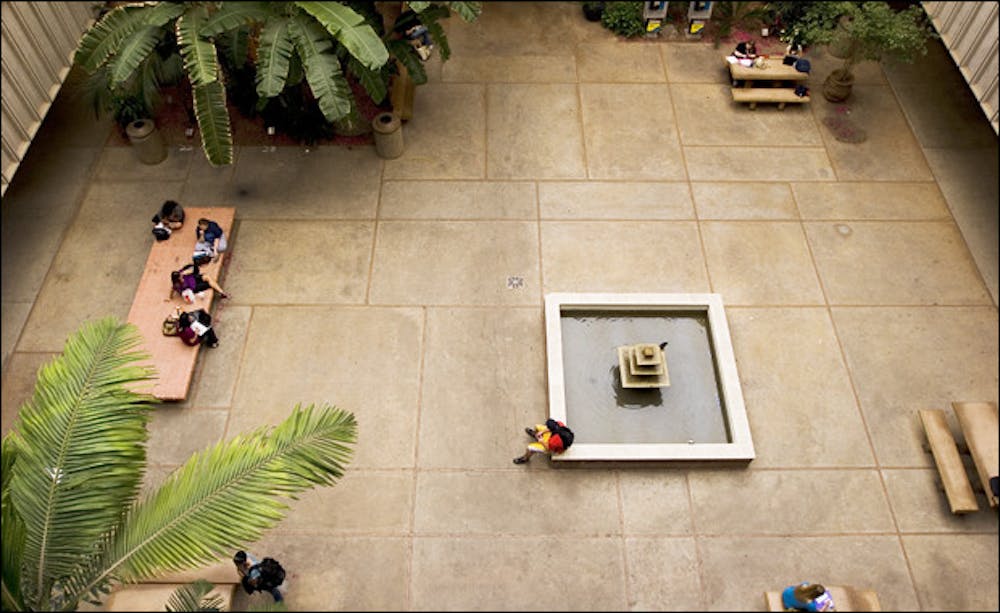The current state of the economy means slim employment prospects for graduates from across the academic spectrum, but for education majors, those prospects may be especially slim.
The state Legislature cut funding to the K-12 education system by $133 million this fiscal year in order to cover a $1.5 billion budget deficit. Leadership in the Republican majority has also said education could receive heavy cuts next fiscal year because education constitutes such a large portion of the state budget, though no proposals have been officially released.
Those cuts could also cut the chances of recent education graduates’ chances of finding and keeping a job in Arizona public schools in half, school district officials say.
Craig Pletenik, a spokesman for the Phoenix Unified High School District, said his district is looking to hire about 70 teachers for the next school year, about half of what it hires in an average year and down from 300 last year, when many teachers took district incentives to retire early.
“The folks who are looking for jobs are more experienced and highly quality candidates than in the past,” Pletenik said. “So as the job market is shrinking, the quality of applicants is going up.”
New teachers are even less likely to find jobs after college because they are competing with highly experienced teachers who have been laid off recently, Pletenik said.
About 7,400 public-school teaching positions have been eliminated across the state because of budget cuts proposed by the Legislature, Arizona Educators Association spokesman John Hartfell said. This means graduates applying to work at Phoenix Unified School District are competing for a smaller number of positions.
“Those looking to get into the profession are going to be competing for a smaller number of slots,” Hartfell said.
Prospects at the Tempe Unified High School District are even slimmer for most new teachers. District spokeswoman Linda Littell said the district is only looking to hire employees for specialized positions, such as math, science and special education.
“We’re always looking for those candidates [qualified for] those hard-to-fill positions,” Littell said.
Education sophomore Allie Mott said she would seriously consider looking for work in a different state if the climate of the job market for teachers in Arizona does not improve.
“In other states, it would be a lot easier to get a job, and it wouldn’t be worth the hassle to look for a job here,” Mott said. “It would be nice to work in a state that isn’t last [in education funding].”
According to a U.S. Census Bureau release from April 2008, Arizona ranked 48th in education funding per pupil, just ahead of Utah and Idaho.
Education junior Jazmin Jacuinde said the cuts have already affected students looking for teaching internships in the Valley. She said McClintock High School has stopped hiring interns altogether, making it difficult for some education majors to complete internship requirements for graduation.
“They don’t want interns anymore,” Jacuinde said. “People trying to complete those requirements cannot do [internships there] anymore.”
Carmen Ramirez, a spokeswoman for the Mary Lou Fulton College of Education, said she had not heard of any Valley schools instituting hiring freezes on interns. It is too early to tell what the impact cuts will have on education internships, she said.
Hartfell said education graduates could find teaching jobs in Arizona if they look in the right places.
“They should be looking for districts with growing enrollment,” Hartfell said, “[especially] urban school districts with lower socioeconomic status.”
Pletenik said teachers who specialize in math, science, special education and English as a second language should have less of a problem finding a job after college.
“If you go in those [fields], you’ll probably have job security for life,” Pletenik said. “If you want to teach social studies and coach football, it’s going to be a lot tougher.”
Reach the reporter at derek.quizon@asu.edu.




